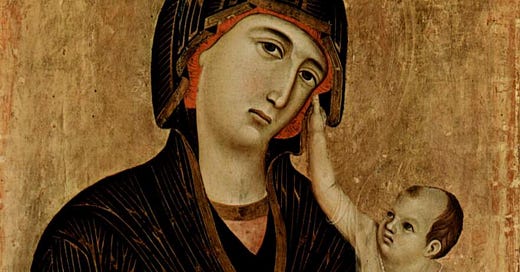O Lord, my heart is not lifted up;
my eyes are not raised too high;
I do not occupy myself with things
too great and too marvelous for me.
2But I have calmed and quieted my soul,
like a weaned child with its mother;
my soul is like the weaned child that is with me.
3 O Israel, hope in the Lord
from this time on and forevermore.
We’re tempted …
Keep reading with a 7-day free trial
Subscribe to Speakeasy Theology to keep reading this post and get 7 days of free access to the full post archives.




